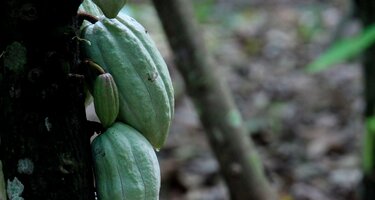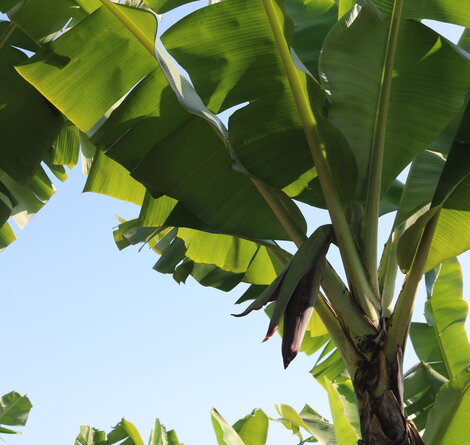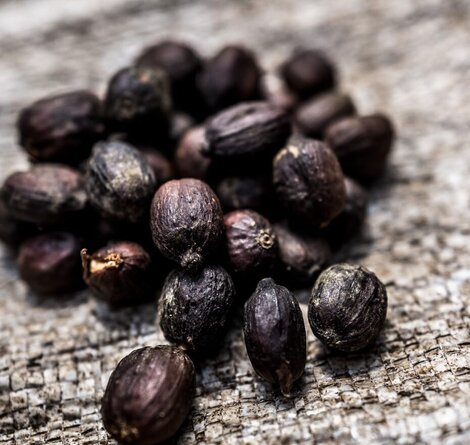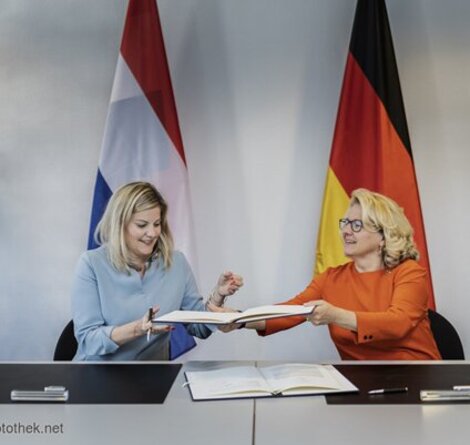Practical implementation
What is SASI doing to help achieve living incomes and living wages?
The activities of the Sustainable Agricultural Supply Chain Initiative (SASI) are designed to assist corporations and other actors in pursuing the living income or living wage approach in order to make global trade fairer and lift smallholders out of poverty. SASI supports these efforts in a variety of ways: alongside networking internationally with relevant stakeholders around living incomes and living wages, SASI works on raw-materials-specific strategies to implement the two concepts, develops practical tools and guidelines for corporations and other interested parties, and provides technical consultancy for the implementation of GIZ projects focused on living incomes/living wages. The Initiative moreover contributes to political processes at the EU and international levels – for example in relation to the EU’s planned due diligence legislation.




